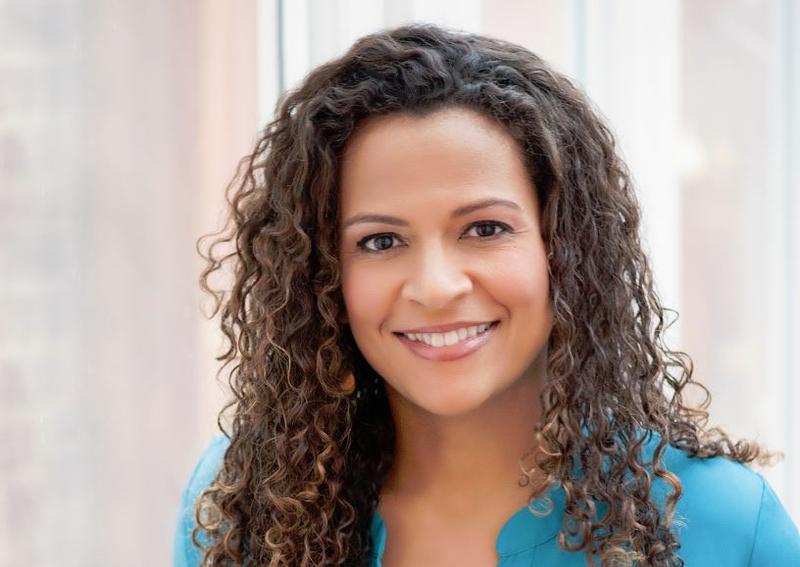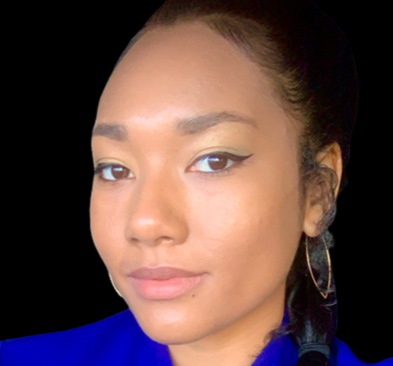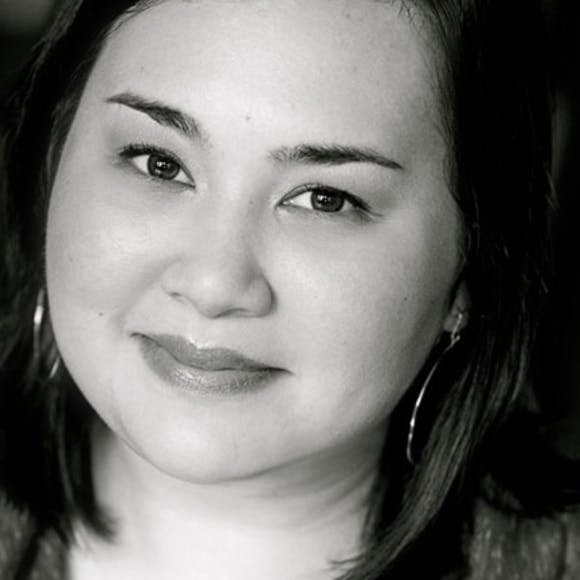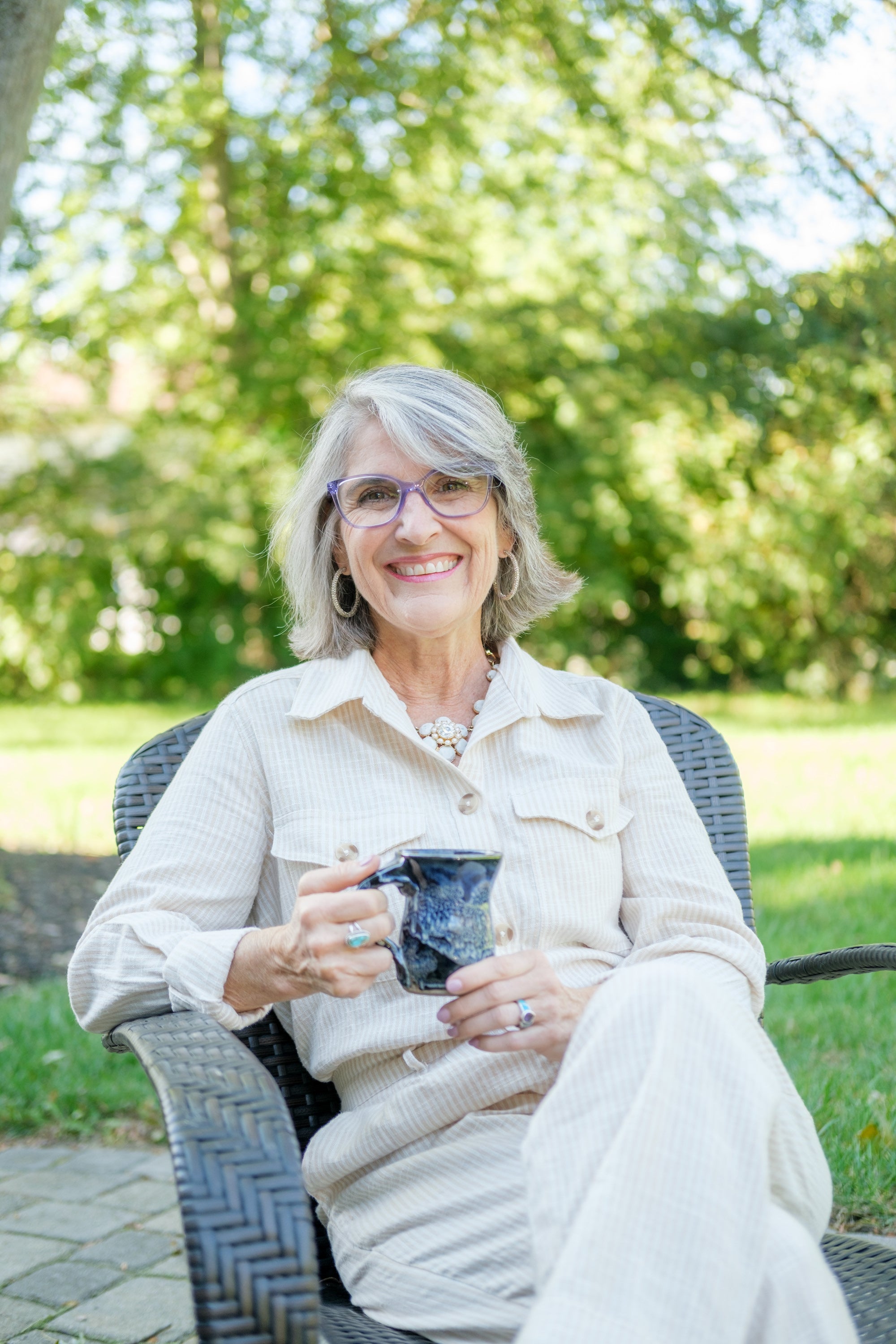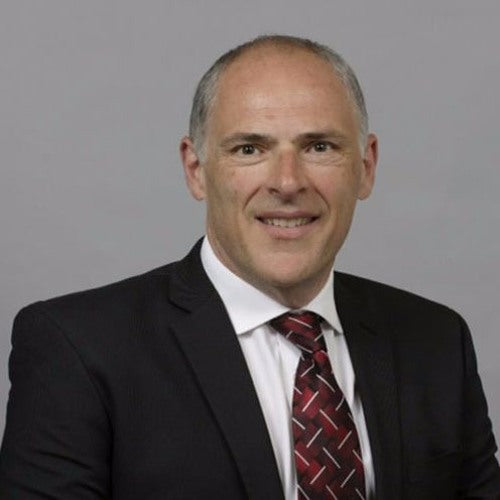Book: First Class

Photos Courtesy of alisonstewart.net
Author: Alison Stewart
Author Bio:
During her more than two decades as a journalist Alison Stewart has reported for all the major national news networks and anchored her own groundbreaking and successful news programs on NPR, PBS, ABC, and MSNBC.
She has interviewed news-makers including President Bill Clinton, Justice Sandra Day O’Connor, singer/activist Bono and radio icon Howard Stern.
Alison has reported from the floor of six presidential conventions, the Olympics and reported live from the World Trade Center on 9/11. Stewart began her career as a producer/reporter for MTV News’ breakthrough political coverage Choose or Lose, for which she won a Peabody Award.
She is the author of First Class: The Legacy of Dunbar, America’s First Black Public High School, named one of the best books of 2013 by Essence and Mother Jones magazines. Her most recent book is JUNK: Digging Through America’s Love Affair With Stuff. (Source: www.alisonstewart.net)
1. From your research what were the ingredients that made Dunbar so successful and how can we apply those rules to other urban schools?
The ingredients that made Dunbar so successful were environment & demand for excellence WHILE providing the scaffolding for the kids so that they could pursue their studies.
The community rallied around the school and made education, an academically focused education, a priority not just for the student but for the whole community. Also, the teachers were fierce about educating students and they were highly regarded in black and white Washington.
They were also highly educated, over-educated in some cases. What I think urban schools could learn from Dunbar is that the school is not separate from the family and the neighborhood. Overall as a society, we need to value our educators more and attract the best and brightest to the position.
Also, Dunbar created a network for its students AFTER they left the school, and headed out into an unforgiving segregated world.
2. Do you believe that one of the biggest problems that hurt inner-city schools is just a lack of African American educators?
I don't think race matters. I think it is the fierceness of the educators. I think it is the willingness to go the extra step.
That said, educators today have such enormous difficulties--drugs, homelessness, so they are asked to handle so much. I do think more male educators could make a difference as they could provide role models for young men.
3. Do you see Dunbar becoming an elite school again?
I think if it becomes a magnet school. The point was Dunbar was the academic school, a college prep school--and that is why students attended it.
4. What do you hope readers take away from this book?
I hope readers will understand the contributions African Americans made to the United States. I hope people will see what happens when the playing field is leveled even just a little bit what is possible.
I hope that young African Americans will understand education is part of Black history.
5. Where do you see public school education moving in the next 10+ years?
This is so hard. My son was in public school up until this year & my mother taught in public school. I'm really not sure.
I do think vocational public education should make a come back. Not everyone is meant for college but someone might be talented in other ways and I think those kids need a good education & marketable skills.
6. What was your writing process like for this book?
I spent years tracking down Dunbar graduates & meeting with them in their homes for in-person interviews. Many were in their 80s.
I wanted the first-person stories. I spent days in the Charles Sumner Library. It is devoted to the history of DC public schools. I read the Board of Education minutes dating back to the 1800s when the school first started.
I combed through newspaper articles, read school handbooks. There are also Dunbar yearbooks there going back to the 1920s. The Library of Congress had quite a bit of material, as did a library at Harvard where some students left their papers.
Lots of history books about the time. Lots of autobiographies of the bold-faced named graduates.
7. What is your best advice for getting over writer’s block?
Read someone's work you admire. Take a break and just read a book you hope your book could be compared to one day. Also, re-read your notes. Sometimes a piece of information will jog your memory.
8. What is the best book you have read in 2018?
Non-Fiction: Nicole Chung's "All You Can Never Know" - about her adoption & her search for her birth parents.
Fiction: "The Immoralists" - about a fictional family who as children visit a fortune teller who tells them all the date of their death.
9. Who has been an important mentor in your life and what did they teach you about success?
A woman named Marquita Pool-Eckert who was a producer when I was a correspondent at CBS. I was having a terrible time & not doing well professionally. Some of it was my doing and a lot of it was the old boys club shutting me out.
She took me out to lunch and told me, this can be a bad place for you or a good place, let's figure out how to find a place for you. The message was don't get lost in your misery. Even if you aren't in the right place in life, look for what can work for you in your situation.
That doesn't mean stay in it--but get into a positive space so you can make a change from a light place, not a dark place.
10. Do you plan on writing more books in the future?
I have two books for kids I am working on, one about journalists and one about birthdays, and I hope to find a publisher in 2019!
Places to Find More From This Author:
Facebook: Alison Stewart
Twitter: @alisonstewart
Website: www.alisonstewart.net
Get Your Copy of First Class Today!
Also, Check Out Alison's Second Book, Junk!
Get Your Copy of Junk Today!
